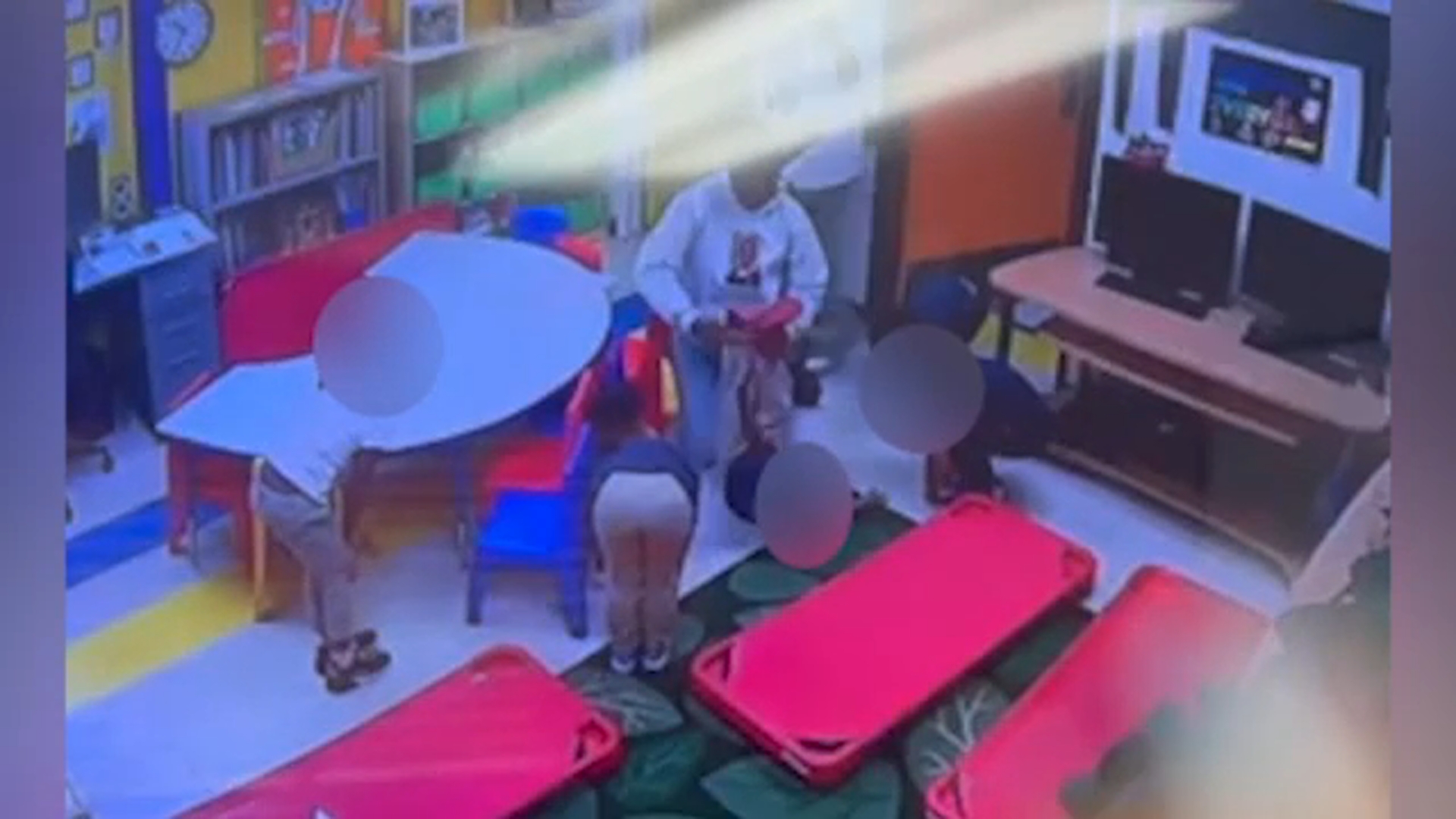Coronavirus: What to know about helping children learn at home amid school closures

Parents became teachers almost overnight with children transitioning to being home-schooled due to the novel coronavirus.
It would seem the best people to ask for advice on how to teach children at home would be home-schooling experts, right?
The answer is yes and no because what we are experiencing now is nothing like typical home-schooling.
Kerry McDonald is a Senior Education Fellow at FEE and author of "Unschooled: Raising Curious, Well-Educated Children Outside the Conventional Classroom." She says even those who have always chosen to learn outside of a conventional classroom setting are facing new challenges, primarily because much of home-schooling education is outside of the home.
Coronavirus and kids: At-home educational resources for kids
"Typical home-schoolers as well as everyone else are cut off from friends and group classes, the library, the museum and all of these wonderful community resources we rely on," McDonald says.
Home-schooling is not just McDonald's profession, she also home-schooled her own four children. Her first suggestion for teaching at home is to "avoid replicating school at home."
"Try not to be the curriculum enforcer or the teacher for your children because that is likely to turn out to be something that is less rewarding for everybody," McDonald says.
It's understandable to want a routine, and one will develop, but it's also OK to allow for time and space to adjust to what has happened. If your children need more sleep, let them sleep in. They will be healthier, well rested and might actually perform better academically later in the day.
Coronavirus symptoms, tips amid COVID-19 outbreak

It is also important to have reasonable expectations of your child. Some research suggests a simple rule for figuring out how long children can stay focused: multiply the child's age by 2 to 5 minutes. So, if a child is 4 years old, he or she will be able to focus for 8 to 20 minutes, maximum.
But parents will likely be surprised at how fast their children get through their assignments because so many school distractions are now minimized. That offers the chance to "prioritize play and unstructured time," time that might be used online to tour museums or listen to the Metropolitan Opera, one of many sites offering content for free during the COVID-19 crises.
Parents are encouraged to allow children to create entertainment themselves because in the process they might find new passions and hobbies.
Also make sure you are "embracing family time" and avoid the desire to stick to a strict schedule, whether that's when you start or finish schoolwork.
"Maybe linger over breakfast together if you have that opportunity or gather for lunch if that's a possibility and take the time to really reflect on what is a truly historic experience for all of us," McDonald suggests.
How contagious is the coronavirus?

And finally, remember your children are isolated from their classmates and friends. "Allowing virtual connections" so they can remotely connect with friends through Facetime, Zoom or Google hangouts is important, and that includes multi-player video games.
"I would relax a little bit of those limits on technology at this point because I think it's important for all of us to foster connections in any way we can at this time," McDonald says.
The COVID-19 crisis has placed us all in uncharted waters, both parents and children, but uncharted waters can lead to great discoveries and McDonald thinks one of those discoveries might be the advantages of choosing to teach your children at home.
"They may want to learn more about home-schooling and discover more of the resources available in their community in an authentic way, not in this artificial version of home-schooling that we are all experiencing right now," she says









